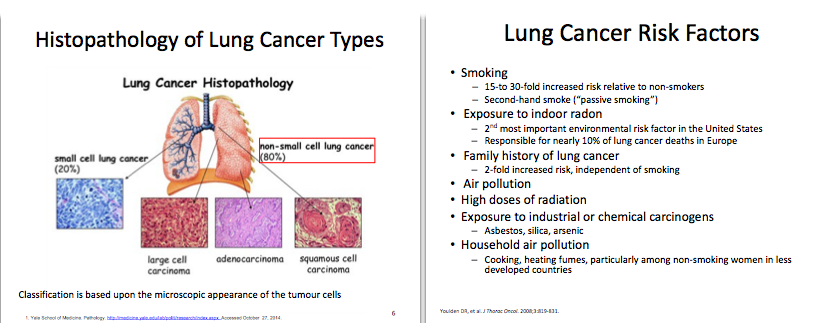For decades, the narrative around lung cancer has been dominated by a single, pervasive villain: tobacco. And for good reason. Yet, as scientific understanding of human health evolves, new layers of complexity are revealed. A recent landmark study, published in the esteemed journal Thorax, has introduced a surprising new contender into the discussion: the very foods many of us consume daily. The findings suggest a significant, unsettling correlation between the consumption of ultra-processed foods (UPFs) and an elevated risk of lung cancer.
What Exactly Are Ultra-Processed Foods?
Before delving into the statistics, it`s crucial to understand what precisely falls under this rather clinical umbrella. Ultra-processed foods are industrial formulations made from ingredients typically found in other foods, rather than whole foods themselves. They often contain additives not used in home cooking, such as preservatives, emulsifiers, sweeteners, and artificial colors and flavors. Think of them as more product than food.
Common examples include:
- Sugary drinks and sodas
- Packaged baked goods (cookies, pastries)
- Salty snacks (chips, crackers)
- Instant noodles and ready-to-eat meals
- Processed meats (sausages, hot dogs, deli meats)
- Breakfast cereals (high sugar variants)
- Many ready-made sauces and dressings
These items are designed for convenience, palatability, and a long shelf life, often at the expense of nutritional integrity.
The Alarming Findings: A 41% Increase?
The study, conducted by American researchers, meticulously analyzed dietary data from over 100,000 participants in the comprehensive PLCO (Prostate, Lung, Colorectal, and Ovarian) Cancer Screening Trial. These men and women, aged 55 to 74, provided a robust dataset for assessing long-term dietary habits against health outcomes.
The figures presented were stark. Individuals who consumed the highest quantities of UPFs – averaging approximately six servings per day – faced a **41 percent higher risk** of developing lung cancer compared to those who consumed the least (around half a serving daily). Breaking it down further, the risk for non-small cell lung cancer increased by 37 percent, while the more aggressive small cell lung cancer saw a 44 percent elevated risk. These are not trivial margins; they are figures that demand attention.
Beyond the Obvious: Why the Link?
It`s tempting to dismiss the connection by simply stating that UPFs are “unhealthy” due to their high sugar, salt, and fat content. While these factors certainly contribute to a myriad of health issues, the potential link to lung cancer suggests a more nuanced and concerning mechanism.
Beyond the obvious caloric density and nutrient emptiness, what precisely makes these foods a potential biological liability? Scientists speculate several pathways:
- Industrial Additives: Many UPFs contain a cocktail of food additives (e.g., emulsifiers, artificial sweeteners, preservatives) which, individually or synergistically, could promote inflammation, disrupt gut microbiome balance, and impact cellular health in ways not yet fully understood.
- Processing By-products: The intensive industrial processing itself can generate harmful compounds. For instance, high-temperature processing can create advanced glycation end products (AGEs) and other carcinogenic substances. Perhaps the most disquieting parallel lies in the industrial processing itself: the study highlights how certain compounds like acrolein, also found in tobacco smoke, can be formed during the industrial preparation of UPFs. An interesting irony, indeed, that a substance long associated with direct lung damage from smoking might also be entering our bodies through the foods we eat.
- Nutrient Displacement: A diet rich in UPFs inevitably displaces the consumption of whole, nutrient-dense foods. This means a reduced intake of protective vitamins, minerals, fiber, and antioxidants, which are crucial for cellular repair and preventing oxidative stress that can lead to cancer.
- Inflammation and Oxidative Stress: The overall dietary pattern associated with high UPF intake tends to be pro-inflammatory and can lead to increased oxidative stress in the body. Chronic inflammation is a known driver of cancer progression.
Correlation, Not Causation: The Scientific Nuance
It is paramount to underscore that this research, while compelling, establishes a **correlation, not a definitive causation**. This means that while high UPF consumption is *associated* with an increased risk, the study doesn`t definitively prove that UPFs *cause* lung cancer. There could be other confounding factors – lifestyle choices, socioeconomic status, or underlying health conditions – that also contribute to both high UPF consumption and cancer risk.
However, in the intricate world of public health, strong correlations often serve as vital alarm bells, prompting further rigorous investigation. This study adds a significant piece to the growing puzzle of diet and cancer, pushing researchers to explore these mechanisms more deeply.
Implications for Your Plate
So, what does this mean for your next grocery run or dinner choice? While the scientific journey to fully unravel these complex links continues, the message emerging from this study is undeniably clear: reducing reliance on ultra-processed foods is a prudent step for overall health, and perhaps, specifically for lung health, even for those who have never touched a cigarette.
In an age where convenience often trumps nutritional wisdom, this research serves as a poignant reminder that sometimes, the simplest ingredients are indeed the best. Prioritizing whole, unprocessed foods – fruits, vegetables, whole grains, lean proteins – remains the most robust strategy for disease prevention. Perhaps it`s time to look beyond the obvious smokescreen of tobacco and consider what else might be silently influencing our internal landscapes.








